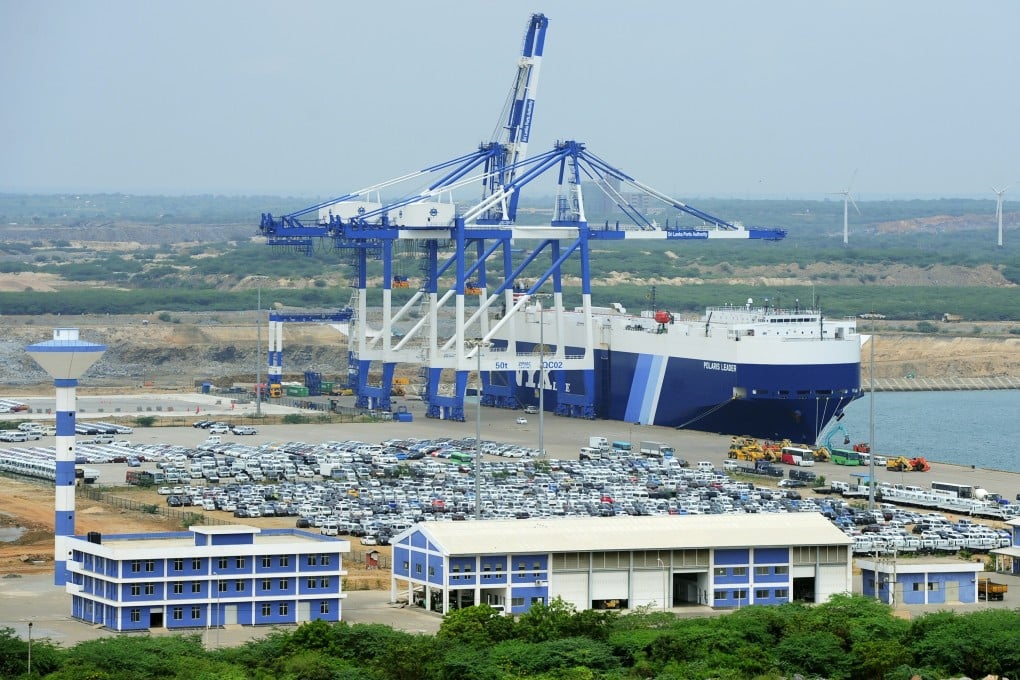China’s belt and road: ‘sour grapes’ claims of debt-trap diplomacy are not supported by evidence
- China has often been attacked for using debt to entrap partner nations, but loan recipients are most often willing partners rather than passive victims
- The sometimes-heated reaction to the belt and road is a microcosm of the polarising impact China’s economic and strategic rise has had on the world

The Royal Institute of International Affairs, better known as Chatham House, recently held an event with the unusual and rather controversial title of “Debunking the Myth of Debt-trap Diplomacy: How Recipient Countries Shape China’s Belt and Road Initiative”.
The move coincided with the World Bank’s annual meeting in Washington. World Bank president David Malpass revealed there that the bank hopes to “standardise” what is becoming a spaghetti bowl of international infrastructure initiatives that compete with the Belt and Road Initiative.
This is happening at a time when the political spotlight is being trained on infrastructure in pre-election America and elsewhere. The realisation is dawning that the money and time involved in infrastructure building are huge and demand concerted, not competing, effort and resources.
